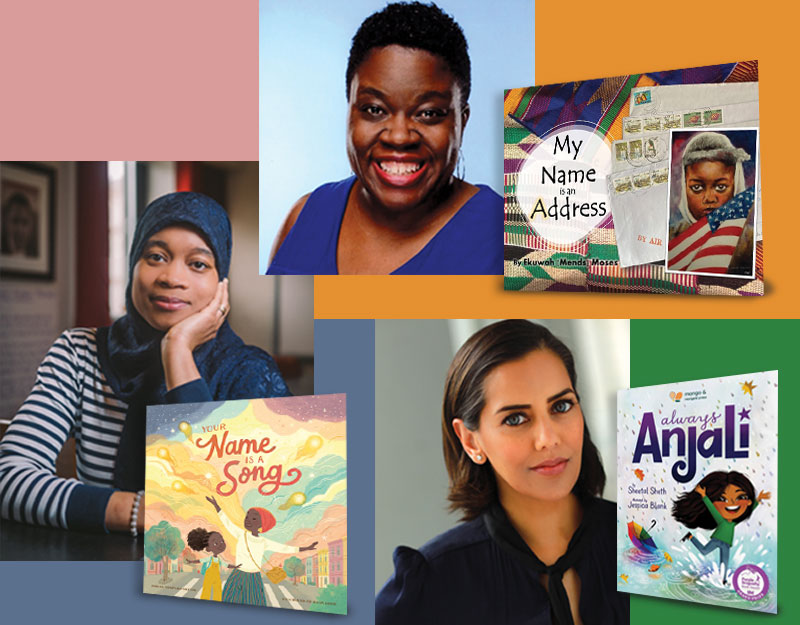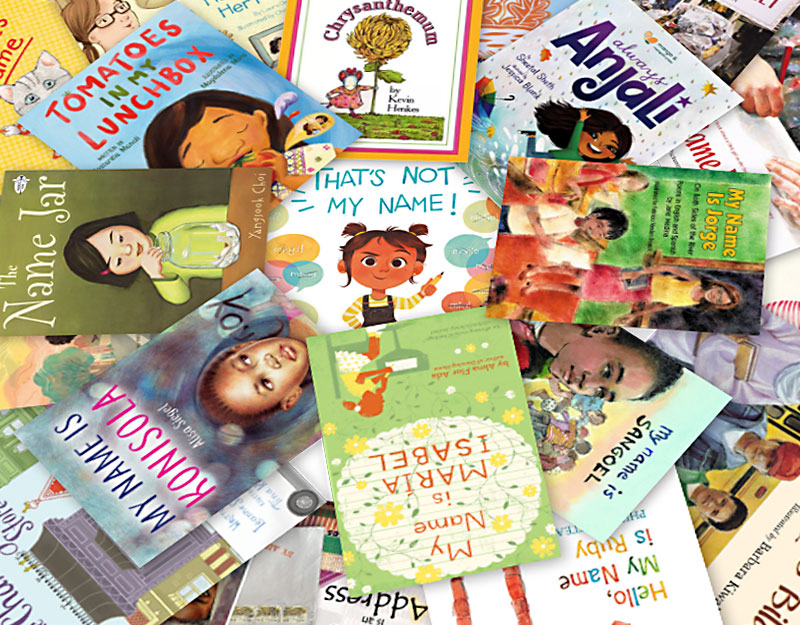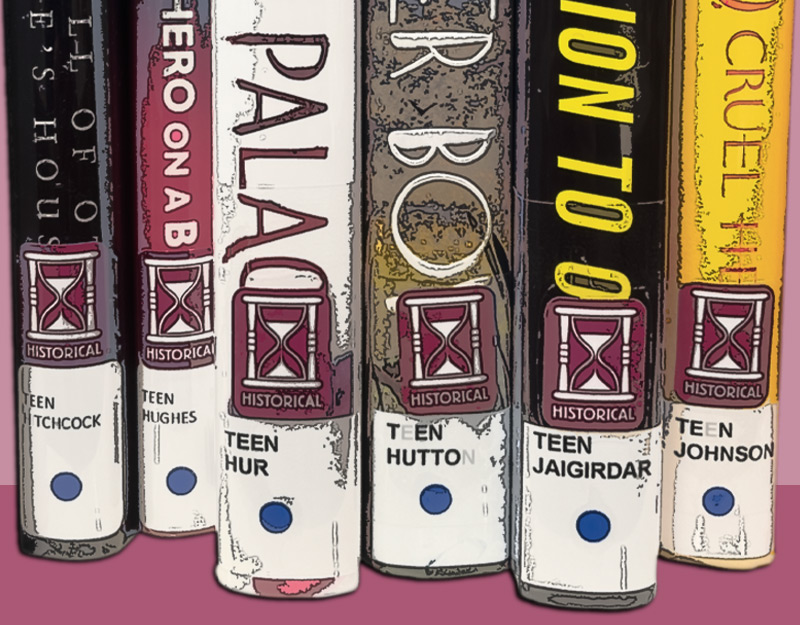Sunday Reflections: “I need to guard my mind”
 Note: This is a post I have had sitting in my drafts folder for some time and was trying to figure out a way to wrap it up. Then earlier this week, Kelly Jensen of Stacked wrote a post at Book Riot entitled “What Are Grown-Ups Afraid of in YA Books?” Since we are basically having the same conversation, I thought I would go ahead and share this post as today’s Sunday Reflections.
Note: This is a post I have had sitting in my drafts folder for some time and was trying to figure out a way to wrap it up. Then earlier this week, Kelly Jensen of Stacked wrote a post at Book Riot entitled “What Are Grown-Ups Afraid of in YA Books?” Since we are basically having the same conversation, I thought I would go ahead and share this post as today’s Sunday Reflections.
Over the weekend I fell into a conversation with a woman that I met at a local festival. When she learned that I was a librarian, we began having a very interesting conversation in which she revealed that she had never seen an R rated movie, rejected most books, and thought that it was in her best interest to guard her mind.
ADVERTISEMENT
ADVERTISEMENT
Let me start by saying, I get where she is coming from to an extent. I recently stopped watching The Following because it left me feeling an overwhelming darkness that just left me feeling ick. Which is odd when you consider the types of books I read. And I know that she was coming at it from a spiritual standpoint, where the Bible says to guard your heart and mind and to not think on evil things. But at the same time, I cringed when she said this; the Bible also says to live in the world, to walk among those different from you and make their lives better. You can’t do that if you refuse to acknowledge the truth of the world we live in.
For me, as a reader and as a librarian, part of the reason that I believe access to information is so vitally important is that it empowers us all. We live in a world where corporations have been declared people, and profits have been declared more important than people, and it is drastically affecting both the political and social climate of our contemporary world. It is only because those brave warriors for truth speak up and tell us what is happening behind the scenes that we know the effects this is having and have the ability to speak out against it. Greed, as they say, is evil.
But let’s take another example: Schindler’s List. Schindler’s List is a rated R movie about the Holocaust that I argue every person should see. It is not easy to watch, it is horrifying in its portrayal of Hitler’s attempts to wipe out a people group. But it is so important that we watch it and understand the horrors of what happened so we can help make sure it never happens again. The point of studying history is to learn from it and to make a better future. Likewise, it is important that we understand the brutal reality of the life of a slave, the treatment of the mentally ill, the views that our world once held of women, the horrors of sexual assault. As we study the horrors of both the past and contemporary life, it helps us to create a better future. And we can not forget that many children, many teens, are living the very lives we find ourselves so afraid to read about. We do them a disservice when we pretend it isn’t happening.
In the same vein, I believe that reading fiction helps us understand lives that are different then our own. I grew up in a divorced family, often on the brink of poverty. I remember scrounging through the house collecting pennies to try and come up with enough money for lunch that day, the sting of shame as I showed my free and reduced lunch card in the line. I remember stepping over a drunken man sleeping under the bridge as I walked through dangerous places to school to escape the bully at the bus stop. I remember going inside and locking myself in as the L A Riots broke out only 45 minutes away, the anger and rage and violence bleeding into my town. I remember what it was like walking down the street as a young girl only to be followed by a strange man and to wonder if I was safe. But even in these events, I know that there are those living a life so completely different than my own and I want to be able to understand them, empathize with them. Empathy is such an important trait. If we don’t understand that there are people living lives different then our own, if we keep ourselves wrapped in a protective bubble, then we can not do the very thing that Jesus called his followers to do: help the sick, poor, and needy. Even he sat with the woman at the well and went to the home of a tax collector. And the founder of the modern day Christian church: Yeah, he started out as a murderer and was transformed from Saul to Paul.
Recently, Patrick Ness was involved online in a conversation about violence in YA books (You can find links to the various parts of the conversation in the Around the Web section of this Friday Finds). Without a doubt, I *feel* like there is an increase of violence in YA books. But then again, there is a violence in life in general. If not an actual increase in violence, there is a definite increase of awareness of violence in the world with our increasing connected world we live in. And teens today have lived in a post-9/11 world for a great deal, if not all, of their lives. You are talking about a world in which we have been engaged in multiple wars, there has been an increase in mass shootings and their news coverage, the Boston massacre, and more. We would be doing our teen readers a disservice if we neglected to reflect the reality of their world in their books. They wouldn’t read them because they would know they were not true. The biggest turn off to readers of any age is being patronized, condescended to, and being lied to. So here’s the deal: If we want there to be less violence in out literature, then we need to create a world with less violence. Literature reflects life, it does not create it. And in reflecting that life, it challenges us to think about who we are, what we are doing, and how we are living so that we can then make choices to make the world a better place. We can’t do that, we can’t ask our teens to do that, without understanding who we have been, where we are now, and where we might be going. That is the beauty of books. Pretending there is no bad in the world doesn’t make the bad go away, it just leaves teens ill equipped to deal with it.
As Kelly Jensen stated, “When you fear the books, you aslo fear the truth.”
Edited 7/21/2013 to fix a couple of typos.
Filed under: Sunday Reflections, Teen Issues, Violence in YA Lit
About Karen Jensen, MLS
Karen Jensen has been a Teen Services Librarian for almost 30 years. She created TLT in 2011 and is the co-editor of The Whole Library Handbook: Teen Services with Heather Booth (ALA Editions, 2014).
ADVERTISEMENT
ADVERTISEMENT
SLJ Blog Network
2024 Books from Coretta Scott King Winners
The Ultimate Love Letter to the King of Fruits: We’re Talking Mango Memories with Sita Singh
Monkey King and the World of Myths: The Monster and the Maze | Review
Parsing Religion in Public Schools
ADVERTISEMENT







